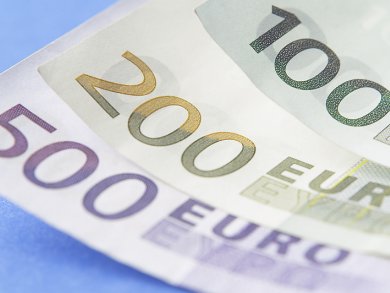Merit should be determined by individual achievements and success, and not factors such as family wealth and education. In sports, it is easy to hold a competition to determine the relative merits of the competitors. But is it possible to hold such competitions in the arts and sciences? In his Editorial in Angewandte Chemie, Michael Hampe, ETH Zurich, Switzerland, explains how markets are full of values and relevancies and asks what effect this has on science. He explains that results have to be reproducible and have specific areas of application, and that universal speculations have no practical applications. As research is funded by governments and taxpayers, there is a competition for the available funding. Thus projects have to be made more attractive to the layman and work that appears to be more ambitious and spectacular seems to deserve more funding.
Hampe argues that this is not actually the case, and that scientists should not oversell their work and thus deviate from the truth. There is in fact no actual proof that competition strengthens the sciences, and in fact, competitive funding results in ideologies that create a general truth. For example, an effect that is observed on a small sample size of mice is believed to be valid for humans and thus scientists can oversell this point in order to secure more money.
Hampe also points out that some of the great scientists such as Lavoisier, Darwin, and Einstein produced work that was not competitively funded, and warns that marketlike competitions in the sciences results in overstatement and thus end up distorting the truth.
- Science on the Market: What Does Competition Do to Research?
Michael Hampe,
Angew. Chem. Int. Ed. 2013.
DOI: 10.1002/anie.201303396




